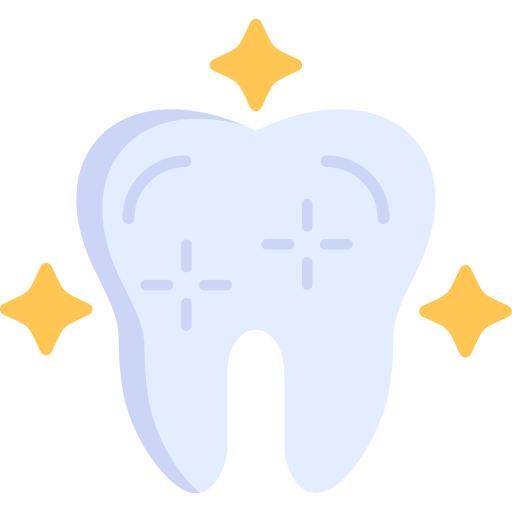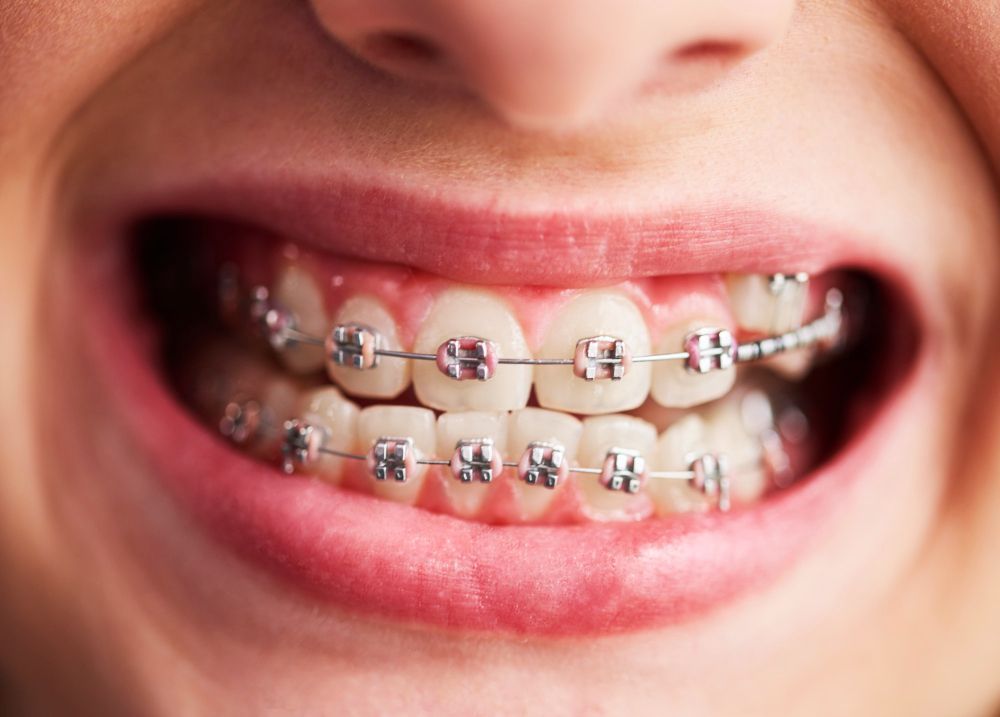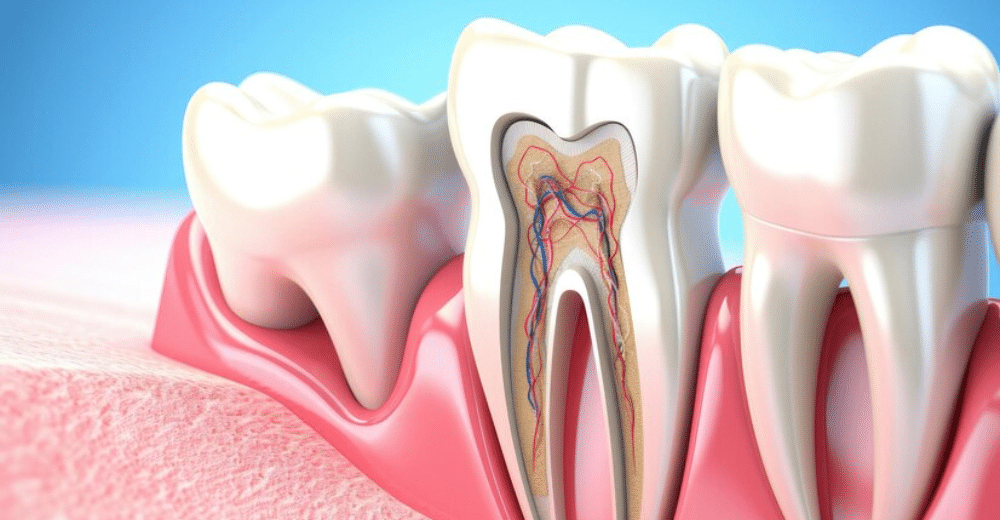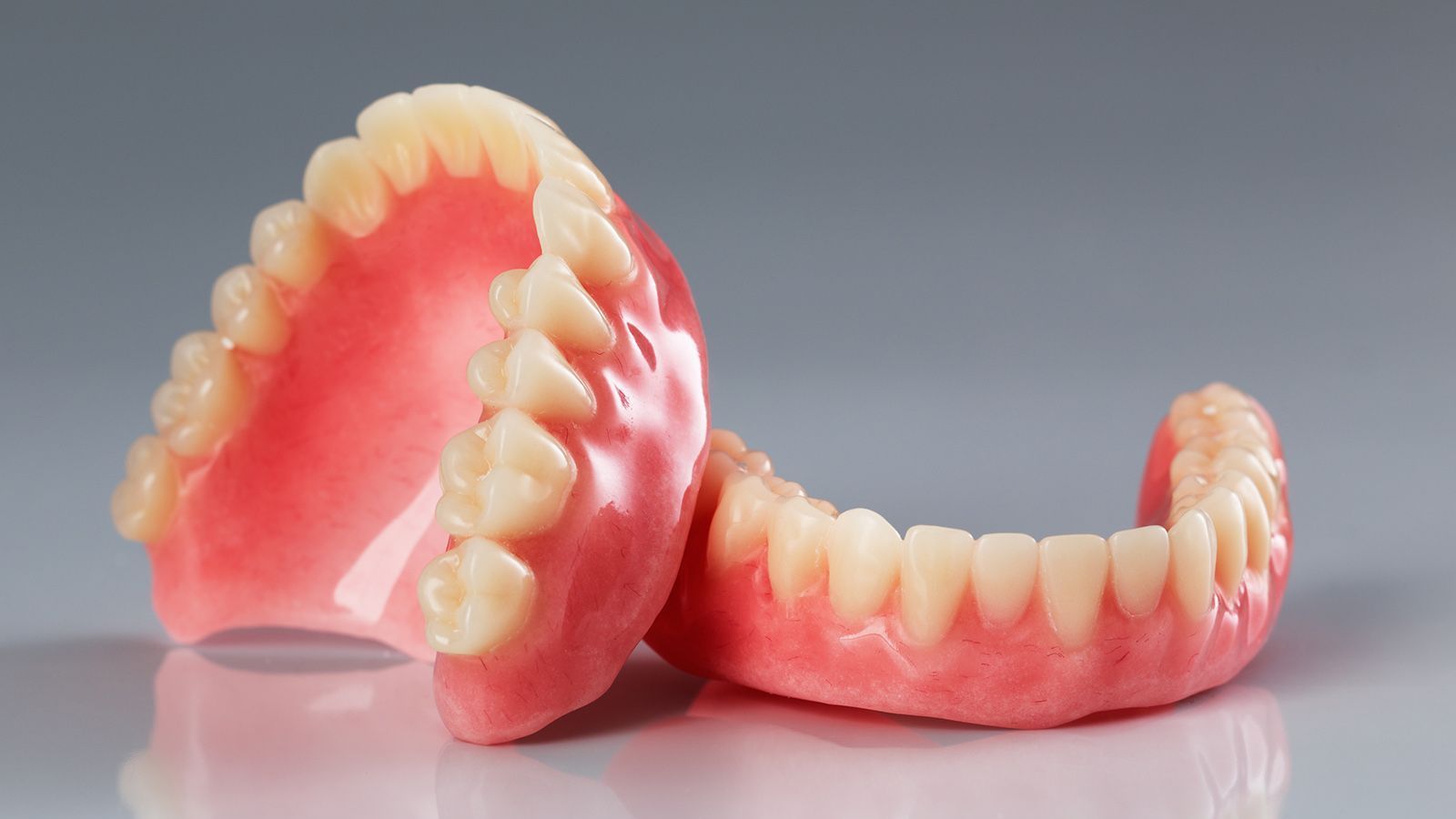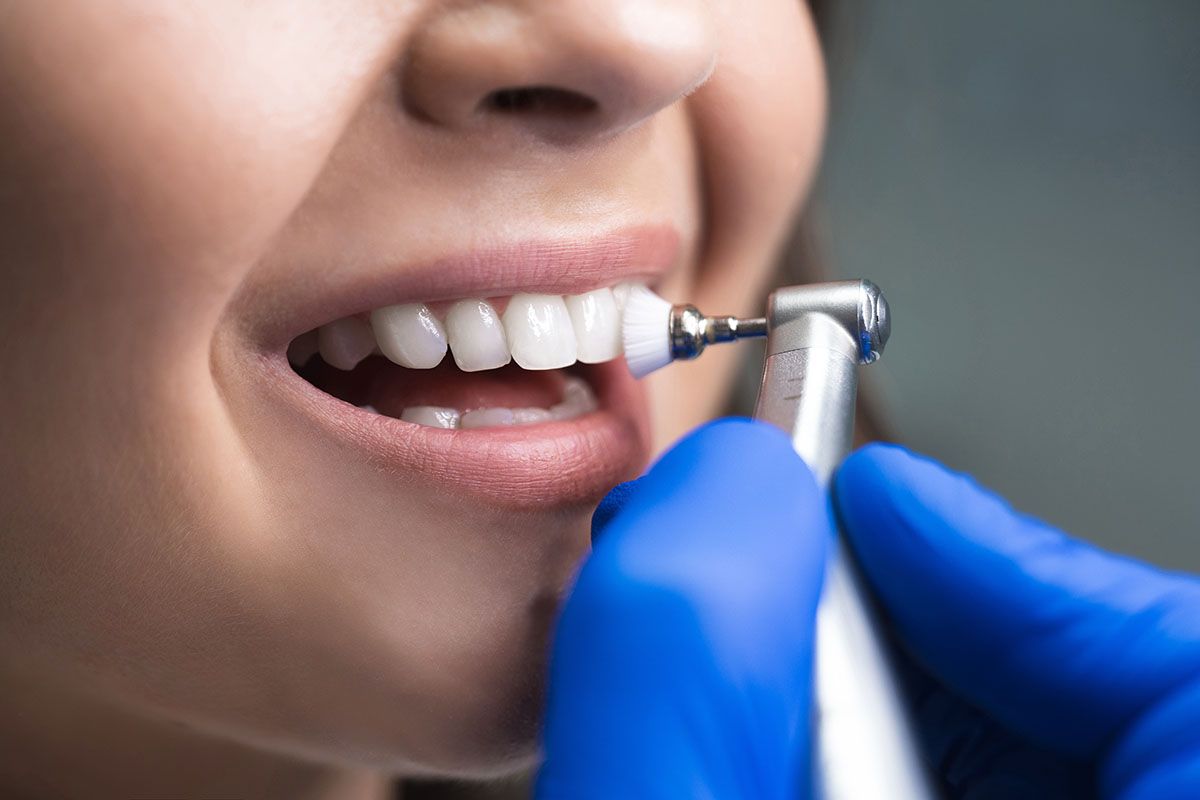Tooth Extraction: Everything You Need to Know Before, During, and After
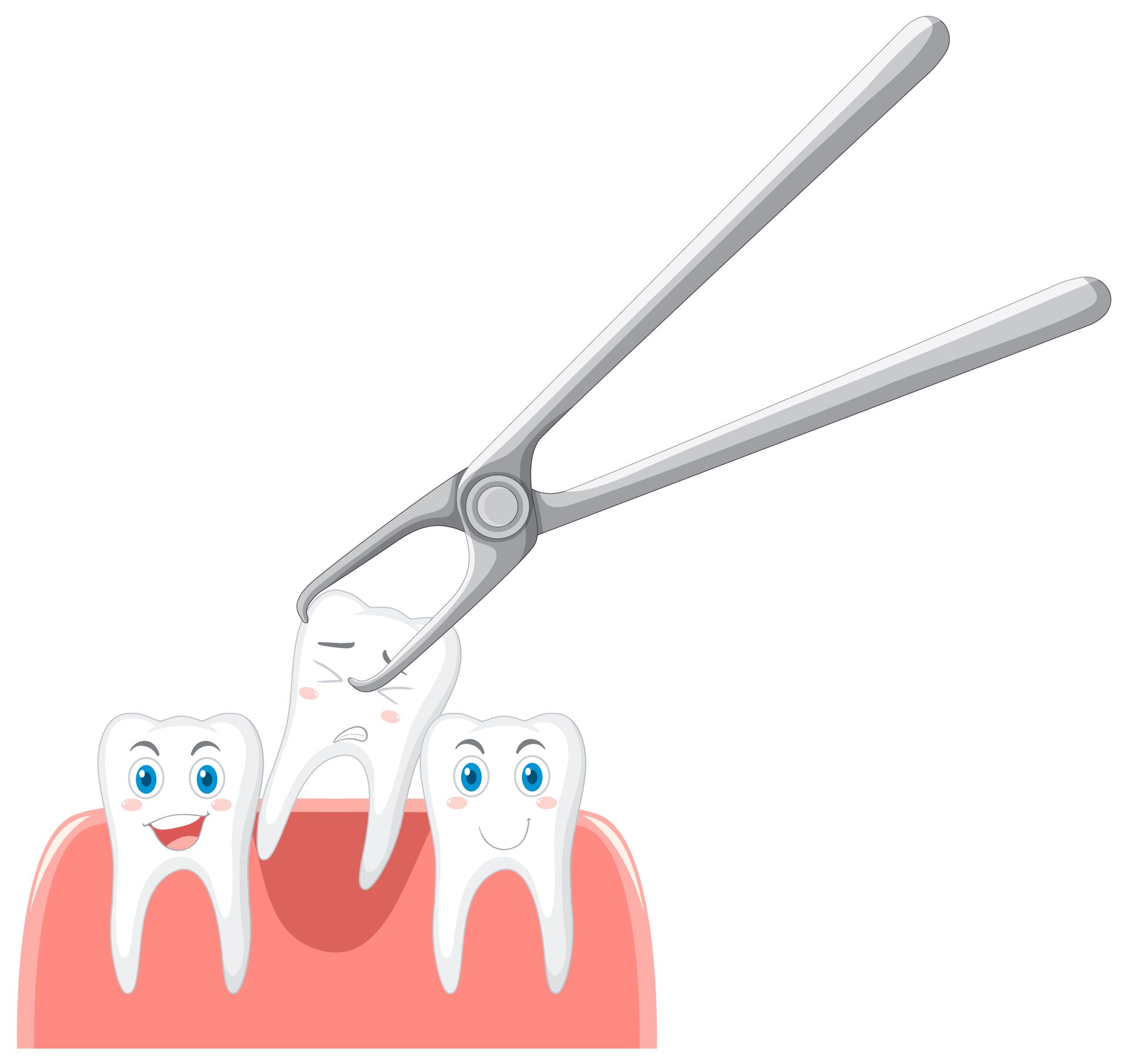
Tooth Extraction: Reasons, Procedure, and Recovery Tips
Although preserving your natural teeth is always the priority, there are situations where tooth extraction becomes necessary. Whether due to severe decay, infection, or overcrowding, extraction can prevent further complications and improve your overall oral health.
1. Common Reasons for Tooth Extraction
Tooth extraction is generally considered a last resort when other treatments, such as fillings, crowns, or root canals, are no longer viable.
- Reasons for Extraction:
- Severe Decay or Infection: When the damage is beyond repair and threatens to spread.
- Overcrowded Teeth: Extracting a tooth may be required to make room for orthodontic treatment.
- Impacted Wisdom Teeth: If a wisdom tooth is causing pain, infection, or misalignment, removal is necessary.
- Periodontal (Gum) Disease: Advanced gum disease can cause teeth to become loose, requiring extraction.
Learn about Tooth Extraction price plans.
2. What to Expect During Tooth Extraction
Tooth extraction is a straightforward procedure, typically performed under local anaesthesia to minimise discomfort.
- The Extraction Process:
- Preparation: Your dentist will examine the tooth and administer local anaesthesia to numb the area.
- Tooth Removal: For simple extractions, the dentist will use specialised tools to gently loosen and remove the tooth. Surgical extractions may require an incision.
- Post-Procedure: Gauze will be placed over the site to control bleeding, and you'll receive instructions for aftercare.
.
3. Aftercare Tips for Tooth Extraction
Proper aftercare is crucial to prevent complications such as infection or dry socket and to promote healing.
- Post-Extraction Care:
- Bite gently on the gauze to control bleeding and avoid disturbing the clot.
- Rest and avoid strenuous activities for the first 24 hours.
- Avoid rinsing, spitting, or using a straw for the first 24 hours to prevent dislodging the clot.
- Use ice packs to reduce swelling.
- Stick to soft foods and avoid the extraction site when chewing.
Book your Tooth Extraction treatment with our specialist doctors today and save your tooth!
4. Healing and Follow-Up
The initial healing phase takes about one to two weeks. It’s important to follow your dentist's aftercare instructions and schedule any recommended follow-up appointments to ensure proper healing.






